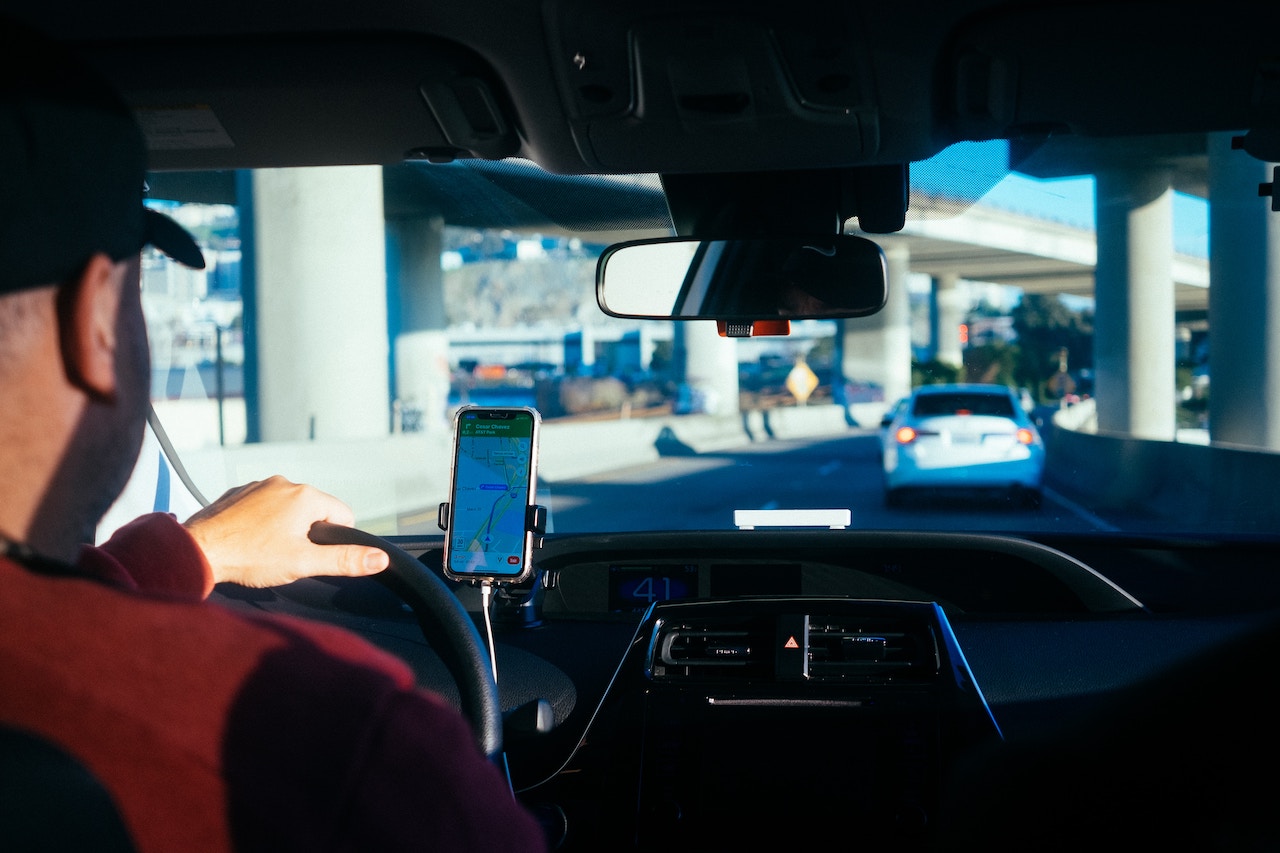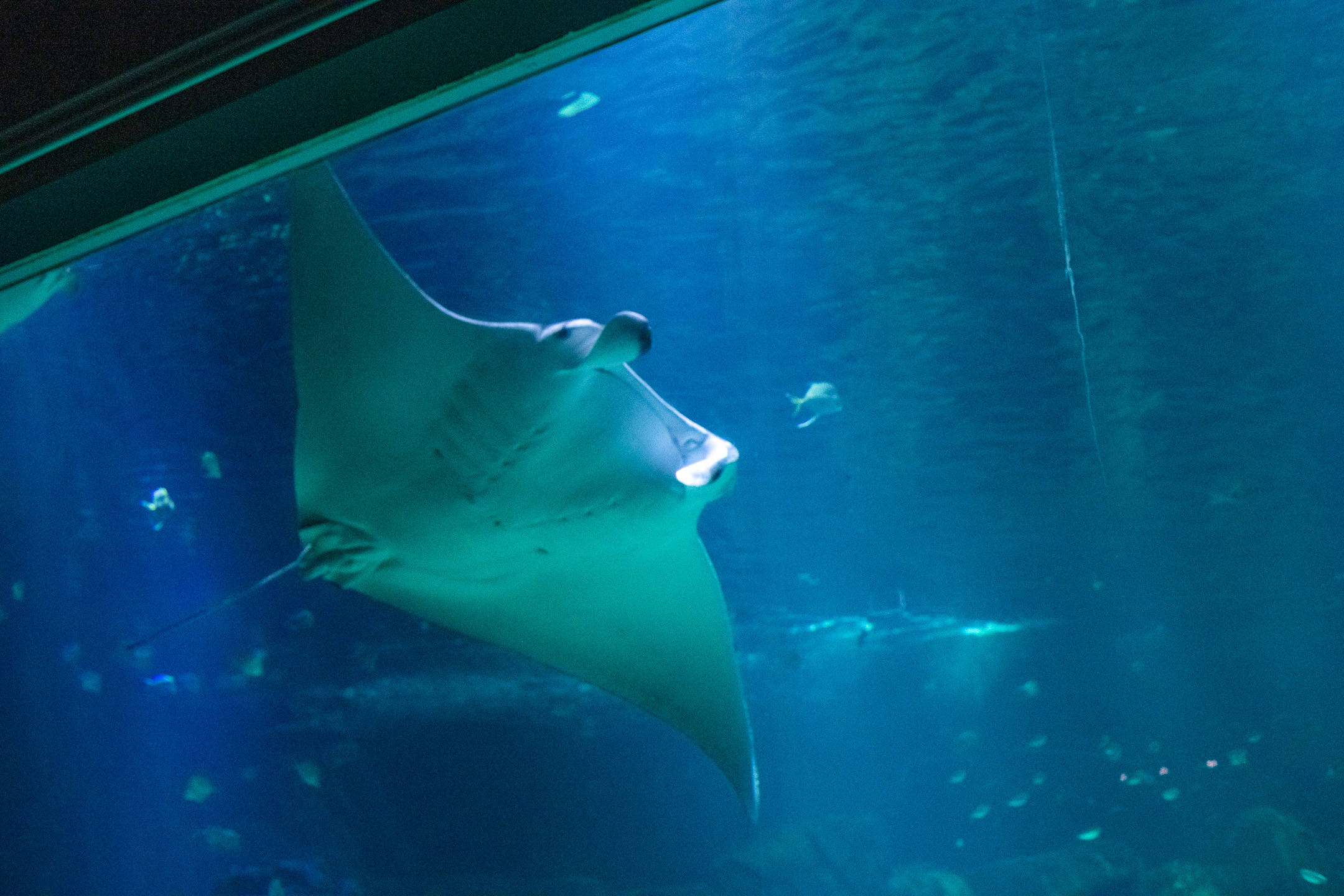At the end of March, I did a short city trip to Rotterdam. Taking the train from Antwerp to spend a night and 24 hours in the lovely Dutch city. I mainly did street photography […]
Category: Travel
Travel Health and Safety Tips: Taking Care of Yourself
Even with a sense of adventure, it’s usually best to have your safety in mind. Limiting the risk of something terrible happening to you so you can extensively enjoy the good things happening to you.
Antwerp Central Station: A Masterpiece of Architectural Grandeur
The Antwerp Central Station is the most beautiful train station you can visit. Right at the city’s center, it’s a marvelous piece of eclectic architecture. A must-visit in the city of Antwerp.
The ultimate packing checklist for men
Packing for a trip is one of those things that we’ve done hundreds of times, maybe. And it still causes a lot of stress: did we pack everything? Will I have enough? Wait, did I […]
How to photograph inside the Caves of Han
For Belgians, the Caves of Han are famous. We’ve all visited them or at the very least heard about them. It’s the first Belgian UNESCO Global Geopark and worth visiting if you’re around. And you […]
Street art tour in Boulogne-sur-Mer
When talking about Boulogne-sur-Mer, we think of an ancient city by the sea. And although those two characteristics are correct, they are not all-encompassing. Did you know Boulogne-sur-Mer has a fantastic and modern street-art tour?
A day at Nausicaá: Europe’s biggest aquarium in Boulogne-sur-Mer
Not too far from the Belgian border, there is a French city called Boulogne-sur-Mer. The main economic activity of the town is fishing in the North Sea. Yet, apart from providing delicious fish, the city […]
Kayaking for a good cause in Mechelen
For my birthday I wanted to do an active activity. And since I like being on the water, I looked for a water-based activity. And soon, my thoughts went to kayaking. Then the question remained […]
Naturalis – Europe’s best museum of 2021
Leiden is a beautiful historical city in the Netherlands. So a natural history museum is not out of place in a city like this. Just outside the historic city center stands this impressive and huge […]
2 days in Leiden – the picturesque Dutch city.
For the first time in a long time, I made a recreational multiday trip again. Going abroad was a first in one and a half years—time to change that. A trip to Leiden is the […]









